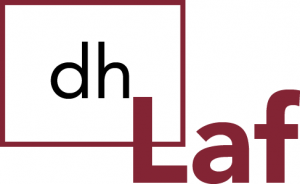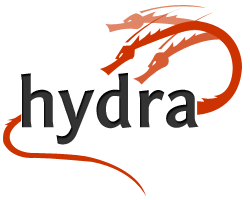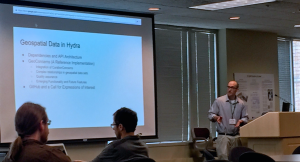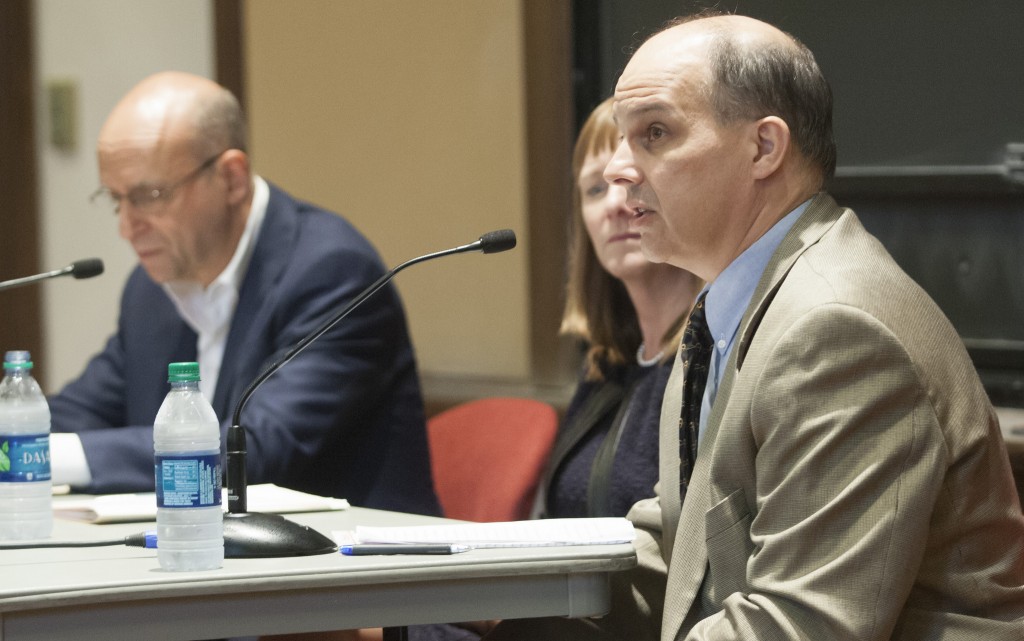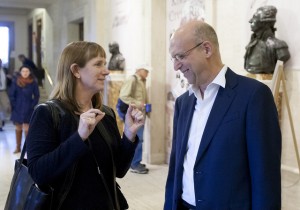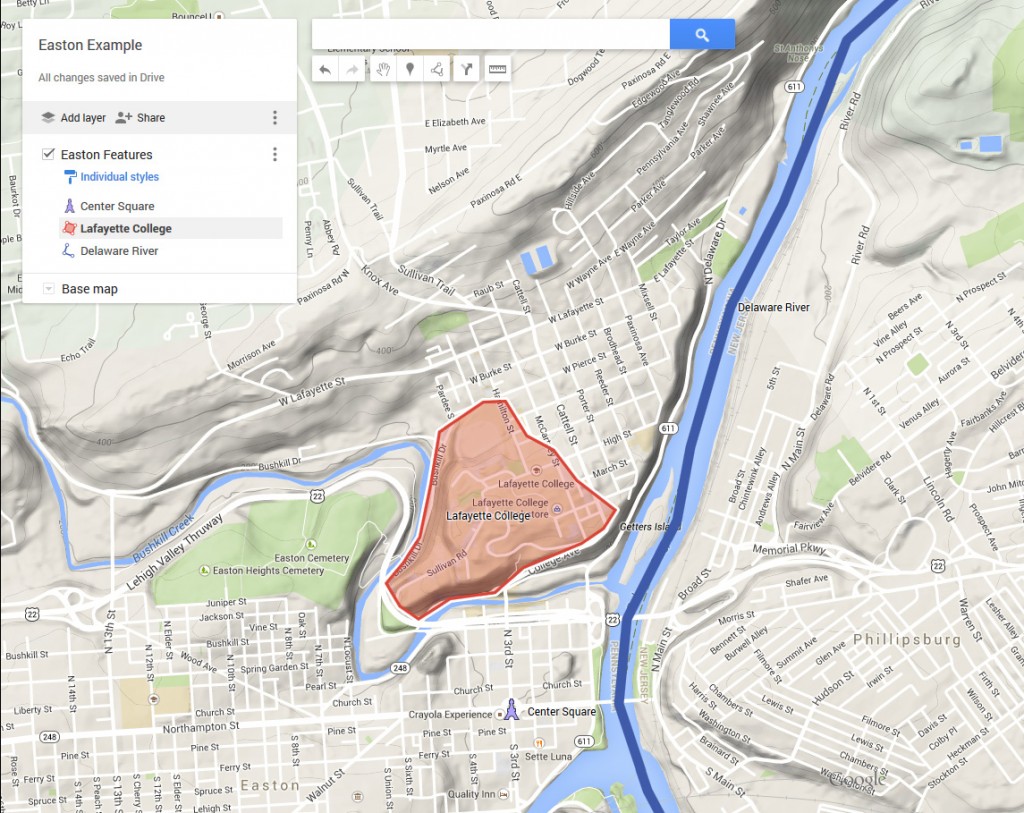Lafayette College seeks a talented and engaged web programmer to join the Library’s Digital Scholarship Services department. Do you love libraries? Are you passionate about software development? Are you excited by the prospect of designing innovative, elegant interfaces?
The person selected for this position will lead design and web programming efforts for Lafayette Library’s digital repository ecosystem. We value and support involvement with digital library development communities and encourage close collaboration locally and across institutions. We seek someone who enjoys autonomy and also thrives as an integral part of a dynamic team that is committed to furthering digital research and scholarship. We invite applications from those who share our perspective, particularly women and people from other under-represented groups.
Required Qualifications:
- Relevant programming experience using modern technologies such as AngularJS, Ruby on Rails, JavaScript, CSS, Sass/Haml or LESS
- Experience (or strong interest) in agile software development using modern tools for issue tracking, project management, and source control
Preferred Qualifications:
- Computer Science degree
- Experience with UX design
- Familiarity with digital repository frameworks such as Fedora, Hydra, or Islandora
- Experience with library-specific technologies such as Omeka and Neatline.
If this ad describes you, please send a resume and cover letter explaining your interest and what you can offer our growing development team to: Neil McElroy, Dean of Libraries, Lafayette College, Easton, PA 18042 or via email to: castells@lafayette.edu.

